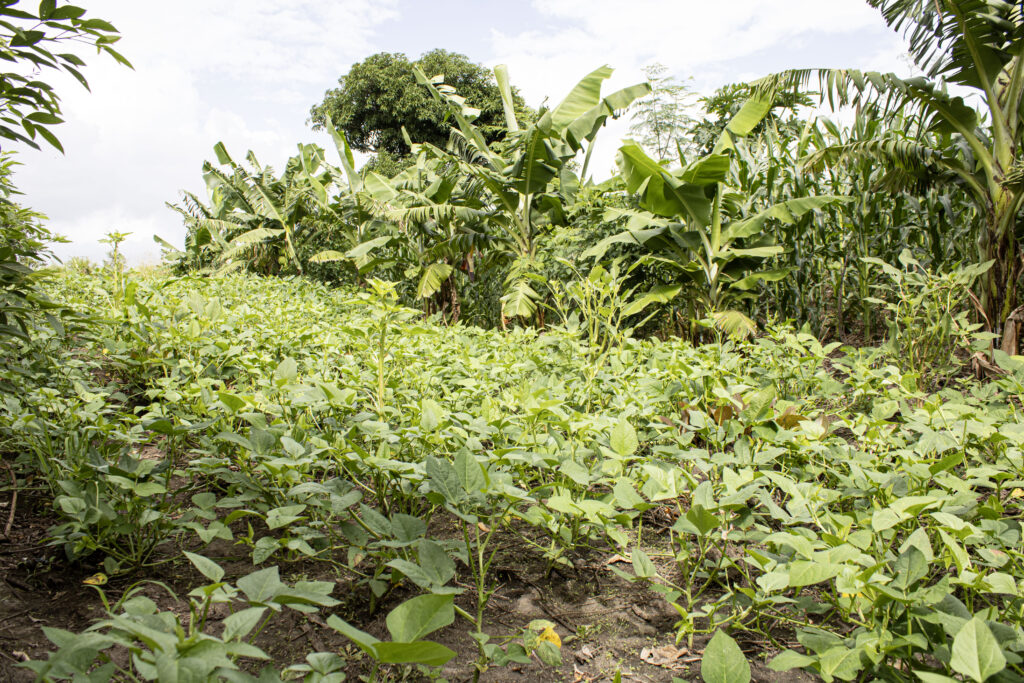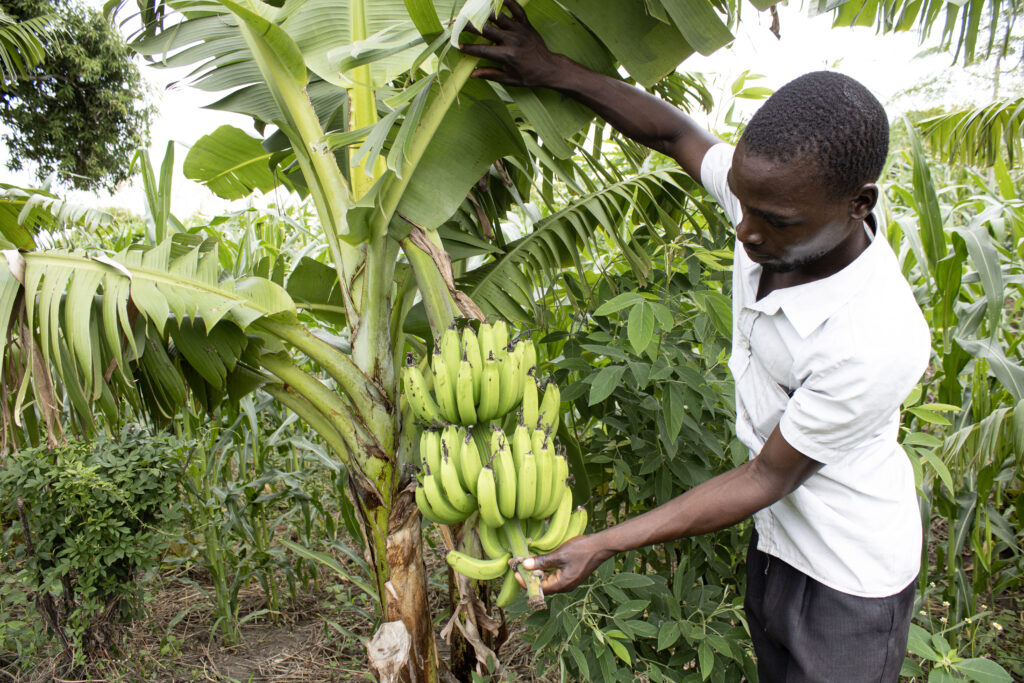Empowering Farmers with Sustainable Solutions in the Midst of El Niño
The lingering effects of El Niño extend far beyond mere weather patterns, imposing profound challenges on vulnerable communities, economic stability, and agricultural resilience. As anomalies in the Pacific Ocean’s surface temperatures persist, the repercussions are being keenly felt throughout Mozambique.
However, amid this climate-induced turbulence, the steadfast resolve of the Triple Resilience (3R) program shines as a beacon of hope, offering support to farmers grappling with recurrent shocks that threaten the very foundation of Mozambique’s agriculture sector. This initiative remains unwavering in its commitment to bolstering resilience and sustainability in the face of adversity.
Against a backdrop of uncertainty, the 3R program, with funding from the Embassy of Sweden, serves as a testament to the power of collaboration and strategic adaptation by targeting vulnerable groups, including women, youth, and internally displaced persons (IDPs), alongside small-scale farmers, in Manica and Sofala provinces; the project is casting a wide net of support. Encompassing the regions of Sussundenga, Manica, Gondola, Dondo, Nhamatanda, Búzi, Chibabava, Muanza, and Cheringoma, the 3R program’s reach is extensive and impactful.

Herculano’s farm shows its resilience in the wake of El Niño challenges.
In the midst of the formidable challenges posed by El Niño, the 3R program’s strategic pivot toward sustainable solutions heralds positive change. Evidence suggests that farmers embracing these solutions are not only weathering the current shocks, but thriving in their wake.
Herculano Branquinho, a 27-year-old smallholder farmer and father of two children, epitomizes the transformative impact of the 3R program in Mandruzi Resettlement, Dondo, Sofala Province. Despite grappling with productivity losses due to El Niño-induced drought, Herculano found solace in the technological interventions facilitated by the program’s inception phase. Through the adoption of integrated production systems, he has diversified his crops, incorporating fruit trees, such as papaya and banana. By leveraging pigeon pea bands and mulching, he has reduced his dependence on fertilizers while enhancing soil health and crop yield. The multifaceted benefits of pigeon pea, acting as a windbreak, a nitrogen source through its leaves, and a food source through its beans, exemplify the 3R program’s holistic approach to sustainable agriculture.
In contrast, neighboring farmers, without access to such interventions, have borne the brunt of El Niño’s wrath, experiencing heightened losses and vulnerabilities.

Herculano showcases the thriving bananas on his farm.
Looking ahead, there is a growing belief that Herculano’s success story will inspire neighboring farmers to embrace sustainable solutions. As they witness firsthand the tangible benefits of these interventions, the path toward resilience and prosperity becomes increasingly clear. Through collective efforts and strategic partnerships, Mozambique’s agriculture sector not only will weather the storms of El Niño, but will emerge stronger and more resilient than before.
AUTHORS
IFDC
SOURCE
Originally published on ifdc.org
PHOTOS
© IFDC